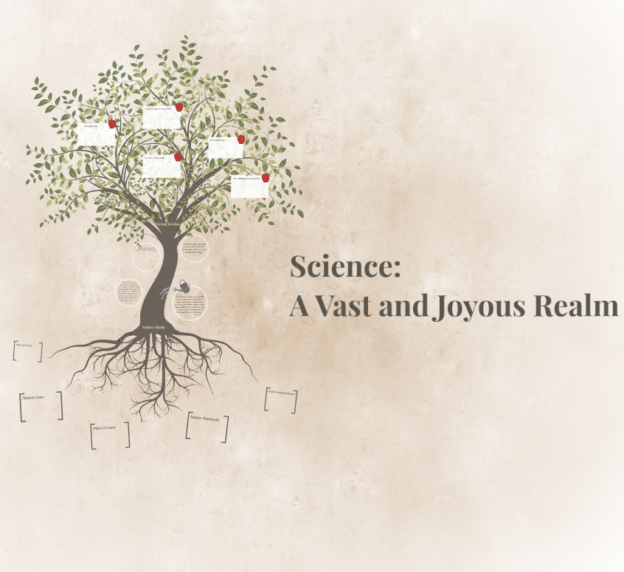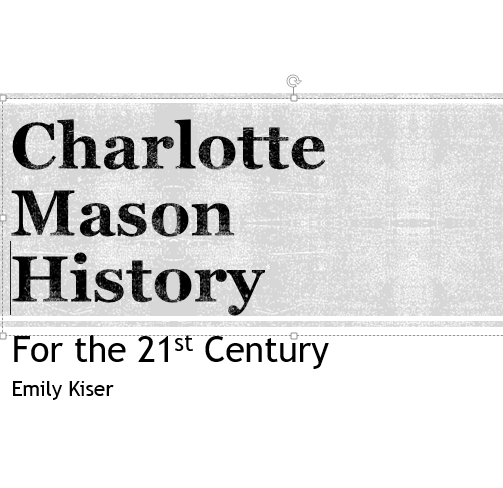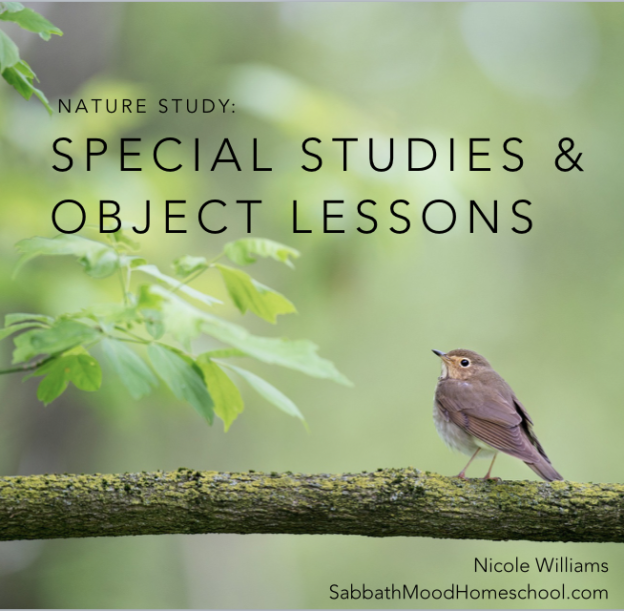Charlotte Mason tells us that it is through nature study that children “lay up that store of ‘common information’ which…should precede science teaching.” (School Education, 1904, p. 237) Learn how Charlotte Mason’s method of science education transitions a student seamlessly from the observational science of nature study to experimental science, and how her philosophy not only fosters a lifelong connection with the natural world in each of our students but also prepares them to be scientifically literate citizens.
(1-hour video)
Charlotte Mason said “History is the pivot upon which our curriculum turns.” In this session we will look closely at how Mason structured the history studies in the PNEU: how much time she covered every year; the multiple streams, or layers, of history studied simultaneously; and the interconnectedness of certain subjects that are linked with history study. Through it all we will be looking at our specific place in time asking ourselves if these principles Mason gave us are still relevant for Americans today–we think you’ll agree that these ideas may even be more relevant for 21st Century students than they were in the PNEU 100 years ago.
(1-hour video)
Charlotte Mason says that it is through nature study that children “lay up that store of ‘common information’ which…should precede science teaching.” (Mason, School Education, p. 237) But how do you know that your students are gathering the information they will need? In this webinar, we will show you how to enhance your nature walks with the direct study of nature. You will learn what special studies and object lesson are, and how to prepare for and implement them as part of your nature study time.
This is a recording of the live webinar A Delectable Education did in April 2017.
(2-hour video)



